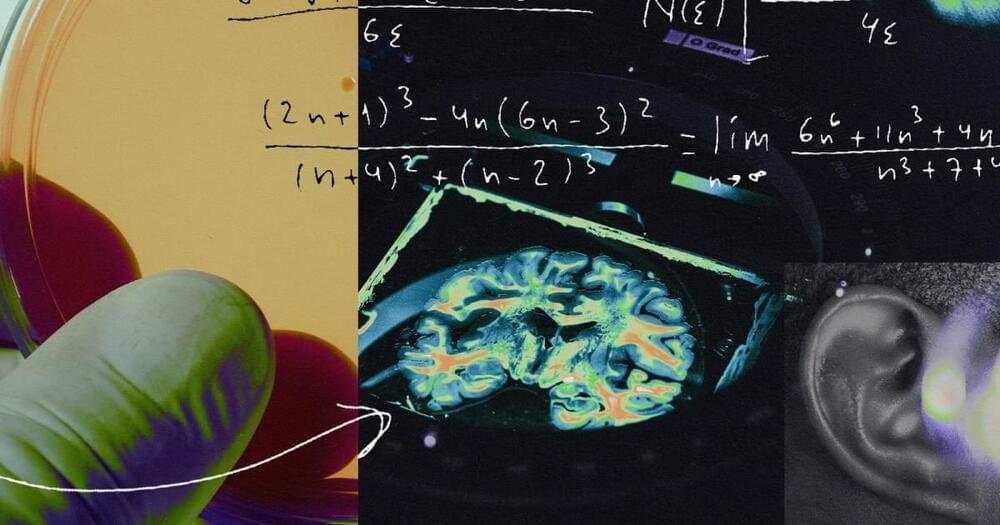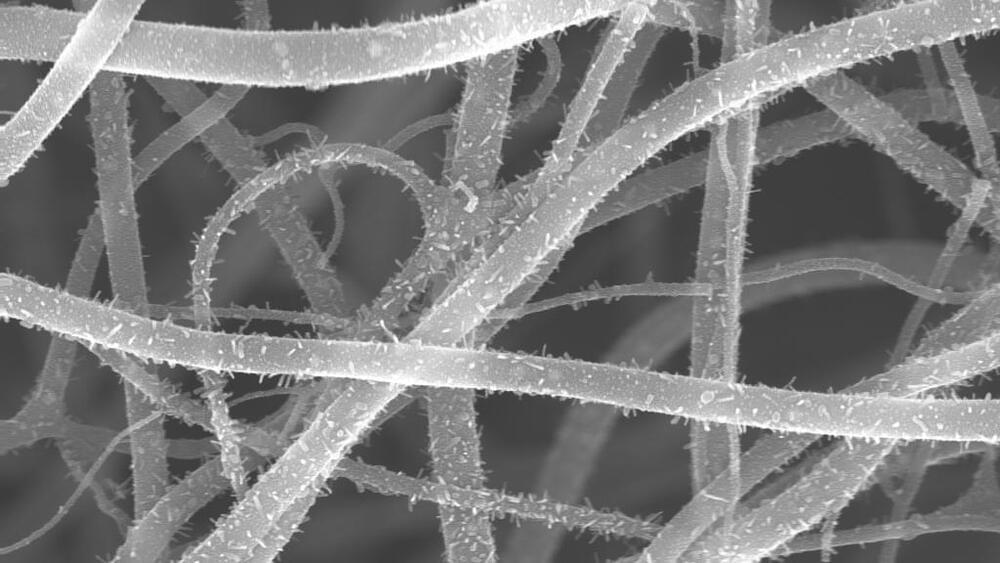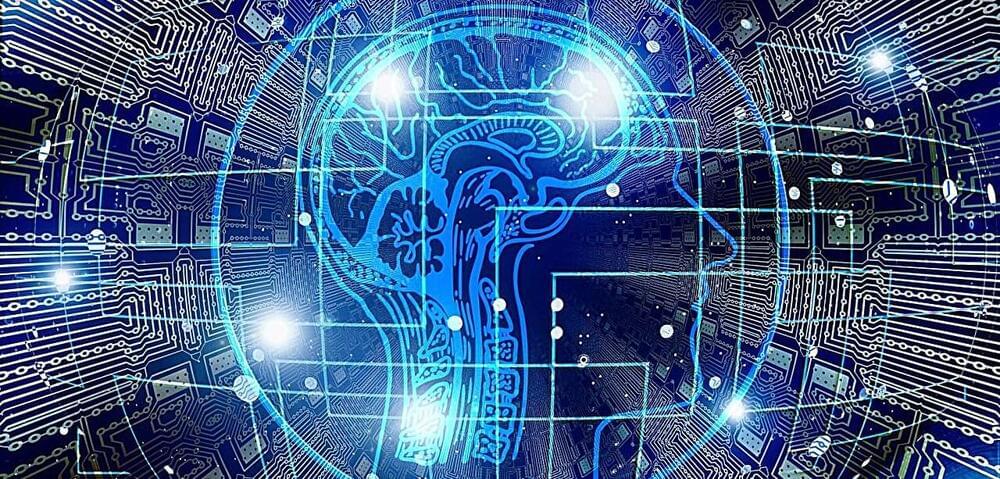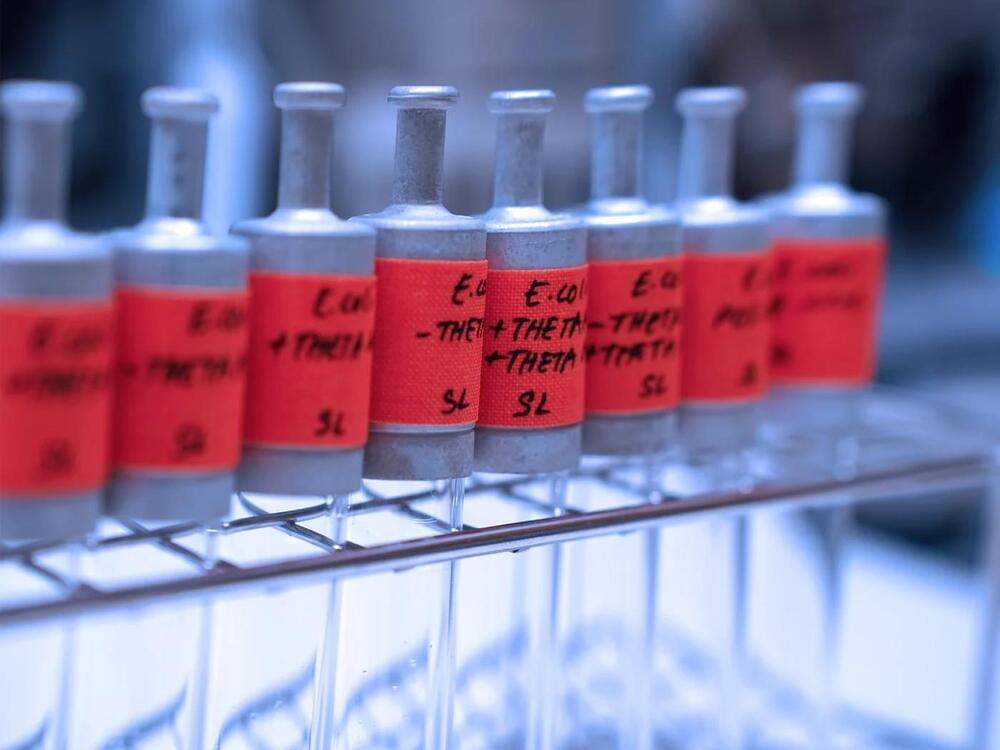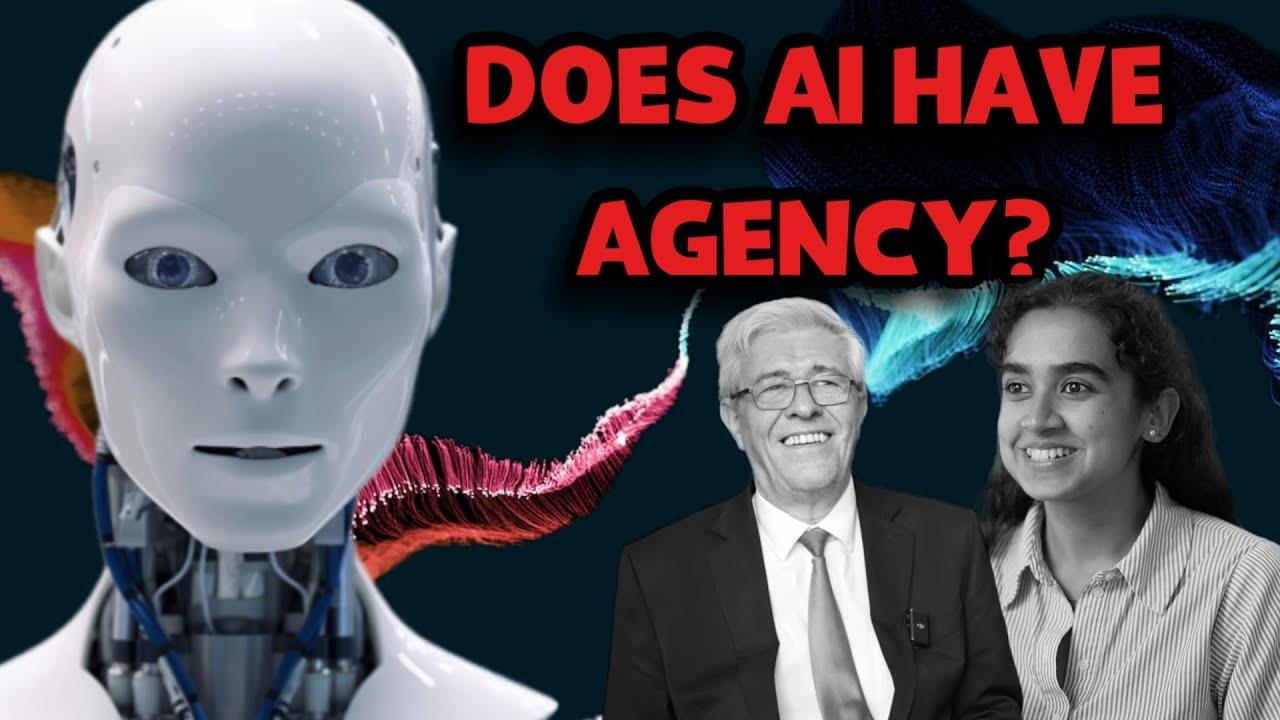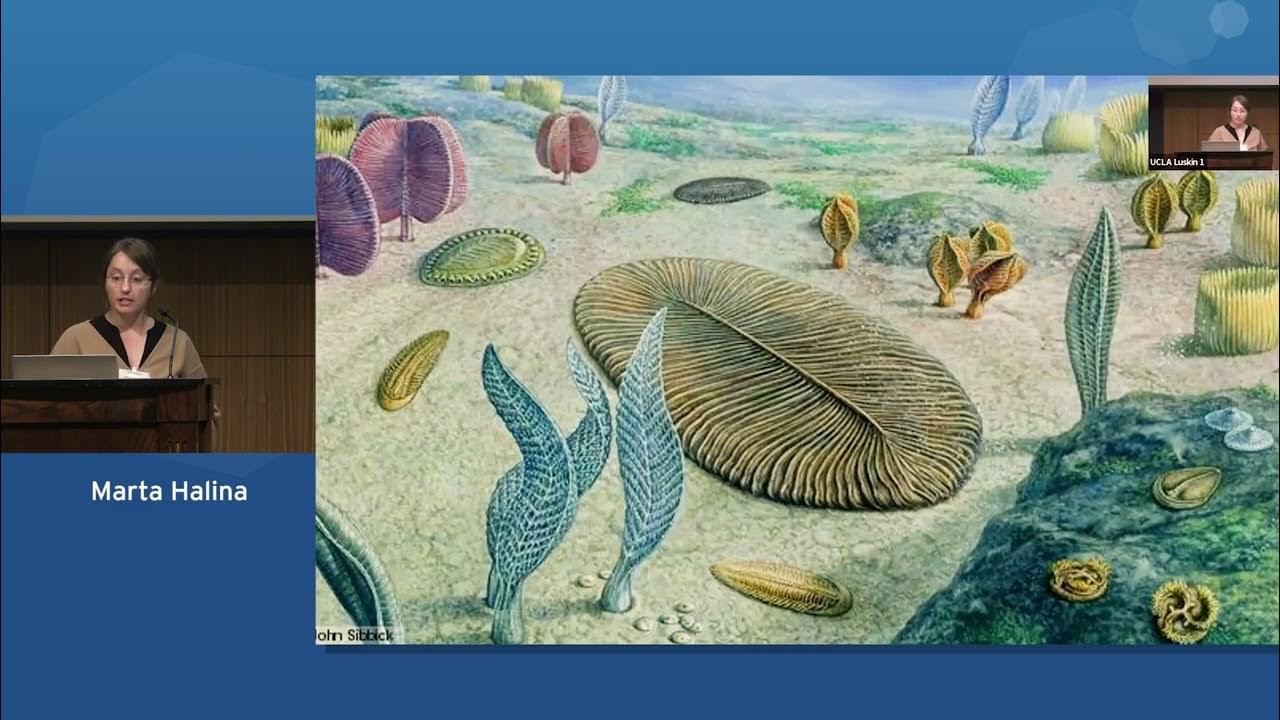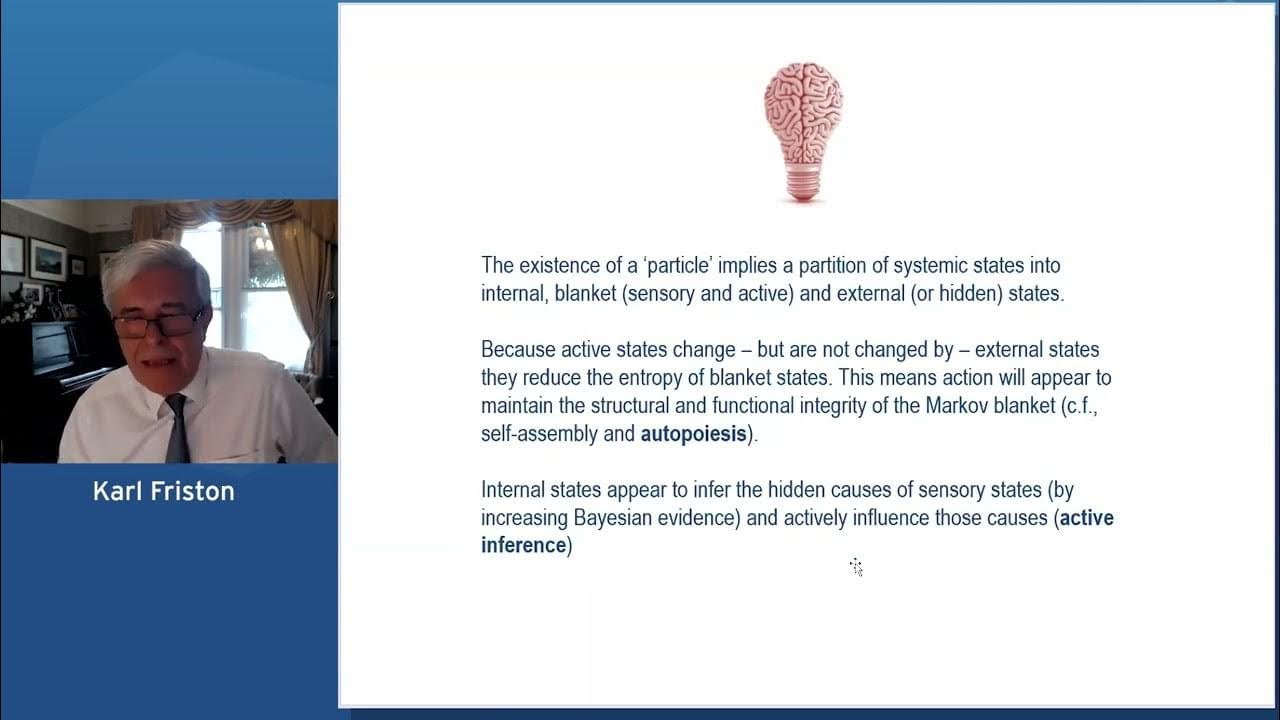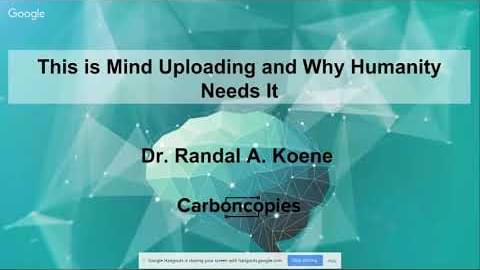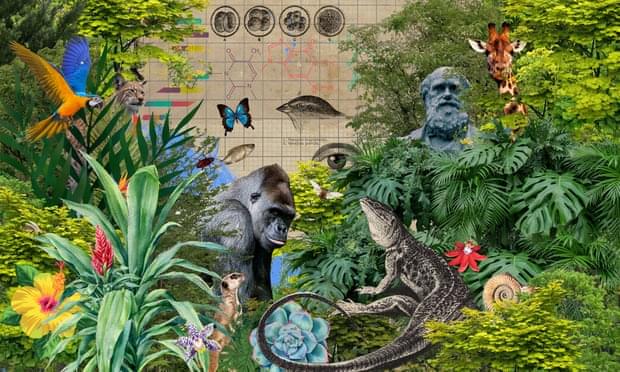Jan 4, 2024
Cyborg computer combining AI and human brain cells really works
Posted by Quinn Sena in categories: biological, cyborgs, robotics/AI, supercomputing
A new biohybrid computer combining a “brain organoid” and a traditional AI was able to perform a speech recognition task with 78% accuracy — demonstrating the potential for human biology to one day boost our computing capabilities.
The background: The human brain is the most energy efficient “computer” on Earth — while a supercomputer needs 20 mega watts of power to process more than a quintillion calculations per second, your brain can do the equivalent with just 20 watts (a megawatt is 1 million watts).
This has given researchers the idea to try boosting computers by combining them with a three-dimensional clump of lab-grown human brain cells, known as a brain organoid.
